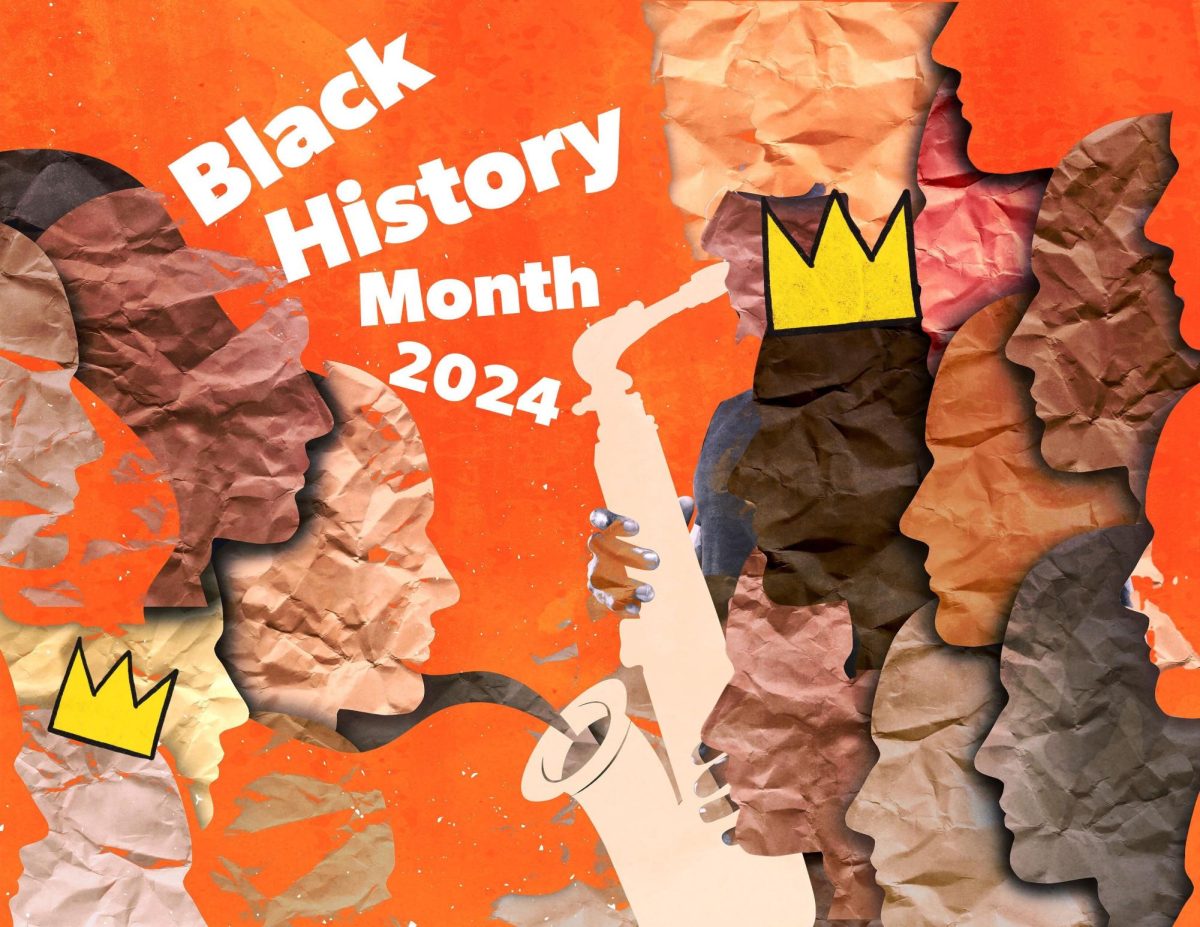Please be forewarned: this column doesn’t address an issue of great significance, such as the failing economy or the persistent presence of swine flu. Rather, it deals with a more mundane, trivial, yet irritating part of your life. I’m talking about that friend who’s also your enemy, otherwise known as the “frenemy.” Judging from the wealth of self-help websites dedicated to the topic, it seems as though the frenemy is a universal annoyance. Heck, you may even be one yourself. If that is the case, then reading this column may help you to self-diagnose. After all, recognizing that you have a problem is the first step in finding a solution.
If you’re wondering if your friend is a foe, then read on. The friend ‘n enemy is usually difficult to identify at first. They mask their true selves under a façade of feigned friendliness and camaraderie. So don’t feel foolish for falling into their trap; they often don’t reveal their true colors until after you’ve fallen into their snare of deceit. As your friendship with the frenemy evolves, the enemy part of the equation begins to reveal itself gradually but surely. Usually, it starts out with a snide remark or two. However, the frenemy cunningly makes sure to buffer the bluntness of the remark by casually saying, “just kidding.” You, uncertain of how to respond, decide to let the remark slide, giving your friend the benefit of the doubt. However, a nagging suspicion begins to eat away at your faith in the legitimacy of the friendship.
Here’s another red flag that your friendship may be a fraud. Frenemies are jealous types, and, to them, life is one long competition. Don’t be surprised when your friend seems less than enthusiastic about any good fortune that comes your way. They may respond by saying something derisive about your success, acting indifferent altogether, or even trying to trump your word of success with something of their own. These are all tell-tale signs of a person green with envy. In the mind of the frenemy, friendship is all about checks and balances. Unbeknownst to you, your friend is keeping score, feeling threatened when he feels as though you’ve checkmated. You’re basically in a friendship that is governed by a ranking-system.
Okay, so I’ve provided you with the diagnostic criteria for identifying the frenemy. To give you a more detailed picture, let me give you another way to conceptualize the frenemy. This type of friend is what I like to call, a “friendship con-artist,” or an “emotional leech.” They extort what they can from their friendship with you in order to acquire some psychological gain. They use their friendship with you as currency to fill some emotional abyss. Now, let me ask one question: Do you wish to be the victim of such insecurity?
I personally have had a couple of dealings with frenemies, like I’m sure most of you have. As I became closer to them, I began to notice their peculiar and maladjusted ways of relating to other people. Their emotional fragility aroused a certain clinical curiosity in me, and I began to feel sympathy for them. However, it wasn’t my place to help them through their insecurities, so I ended my friendships with those people. Now, I consciously make an effort to surround myself with people who are truly confident and secure with themselves. Particularly, I tend to gravitate towards those people who are of the down-to-earth, take-me-or-leave-me mold. No false pretenses, no putting on airs, no games. Admit it – sincerity and confidence are sexy traits in a friend.
Now, please don’t misunderstand me. I’m not suggesting that you dispose of all your fraudulent friendships, especially if most of your social repertoire consists of frenemies. Your friendship with the frenemy may have redeeming qualities, which make it worth holding on to. I would then suggest trying a more empathetic approach. Try talking to them about their off-putting behavior by letting them know that it bothers you. Give them the sense that you want to help them understand the root of their behavior. However, since this obviously is a sensitive issue, you may want to exercise a bit of subtlety and empathy when broaching the topic. Being downright accusatory will put them on the defensive, which can be an uncomfortable situation for anybody.
Don’t get discouraged if your well-intentioned honesty is met with hostility or denial. Change takes time and a graduated increase in awareness and recognition. By being honest with your frenemy, you have implanted that little seed of doubt in their mind about the health of their friendships. That seed of doubt will, in turn, sprout a shoot of awareness. Hopefully, the frenemy will attempt to alleviate some of the discomfort caused by this self-knowledge by changing their behavior. Trust me: you’ll be doing your friend a service.
Lauren Strohmeier is a Collegian columnist. She can be reached at [email protected].







Alex • Oct 19, 2009 at 6:56 pm
The frenemy does exist. There are certain people who use the act of accumulating friends as a hobby, and use these “friends” to build themselves up. They use their collection of friends as pawns…they flatter and criticize to mold these friends into a sturdy base of people that they can leech off of and use to fit their own agenda.
Trust me, I’ve dealt with a good deal of frenemies.
bill • Oct 14, 2009 at 9:49 pm
The frenemy does not exist- this situation is the result of two over inflated and self deceptive egos